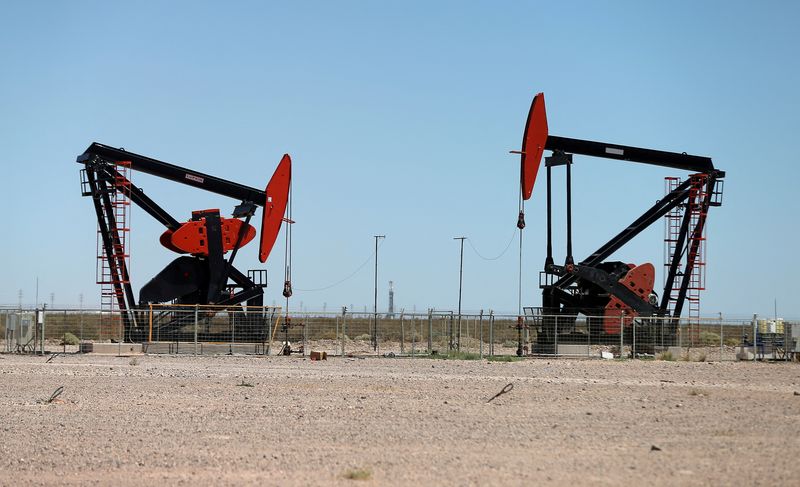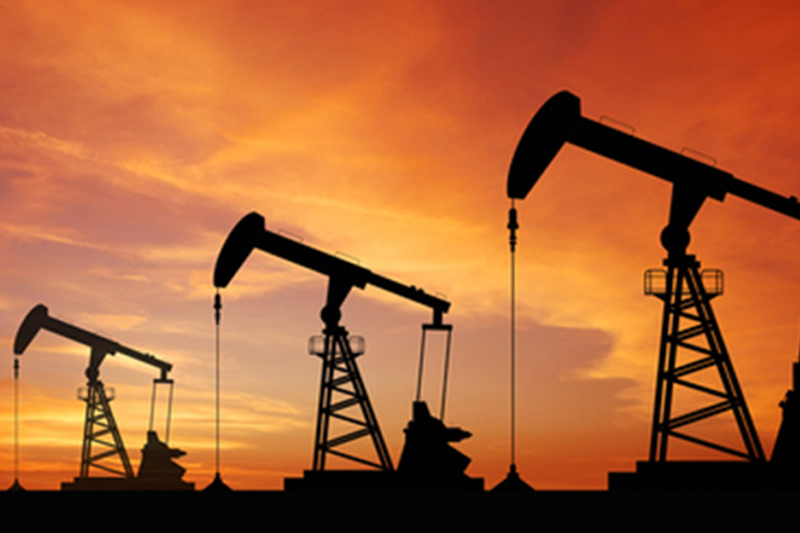By Shariq Khan
NEW YORK (Reuters) – Oil prices rose on Friday to settle for their biggest weekly gain in more than a year on the growing threat of a region-wide war in the Middle East, although gains were limited as the U.S. president Joe Biden discouraged Israel from targeting Iranian oil facilities.
futures rose 43 cents, or 0.6%, to close at $78.05 a barrel, while U.S. West Texas Intermediate crude futures rose 67 cents, or 0.9%, to close at $74. 38 per barrel.
Israel has vowed to attack Iran for launching a barrage of rockets into Israel on Tuesday after Israel killed the leader of the Iran-backed Hezbollah a week ago. The events led oil analysts to warn clients of the possible consequences of a broader war in the Middle East.
Oil prices rose nearly 2% during the session but retreated sharply after Biden said if he were in Israel’s shoes he would consider alternatives to attacking Iranian oil fields.
Oil benchmarks rose more than 5% on Thursday after Biden confirmed the US was in talks with Israel over whether it would support an attack on Iran’s energy infrastructure.
On a weekly basis, Brent crude rose more than 8%, the highest level in a week since January 2023. WTI rose 9.1% week-on-week, the highest level since March 2023.
An attack on Iranian energy facilities would not be Israel’s preferred course of action, JPMorgan commodity analysts wrote on Friday. Still, low levels of global oil supplies indicate that prices will rise until the conflict is resolved, she added.
Citing data from ship tracking service Kpler, they said inventories are below last year’s levels, when Brent was trading at $92, and are the lowest ever at 4.4 billion barrels.
Brokerage StoneX predicts that oil prices could rise between $3 and $5 per barrel if Iran’s oil infrastructure is attacked.
On Friday, Iranian Supreme Leader Ayatollah Ali Khamenei made his first public appearance since his country launched the missile attack. He called for more anti-Israel struggle.
Iran will target Israeli energy and gas facilities if Israel attacks it, the semi-official Iranian news agency SNN quoted Revolutionary Guards deputy commander Ali Fadavi as saying.

Iran is a member of OPEC+ with production of about 3.2 million barrels per day, or 3% of global production. The group’s spare production capacity should allow other members to boost output if Iranian supplies are disrupted, limiting oil price increases, Rystad analysts said Thursday.
Fears about the supply have also diminished in Libya. The country’s eastern-based government and Tripoli-based National Oil Corp said on Thursday all oil fields and export terminals were reopening after a dispute over the central bank’s leadership was resolved.


